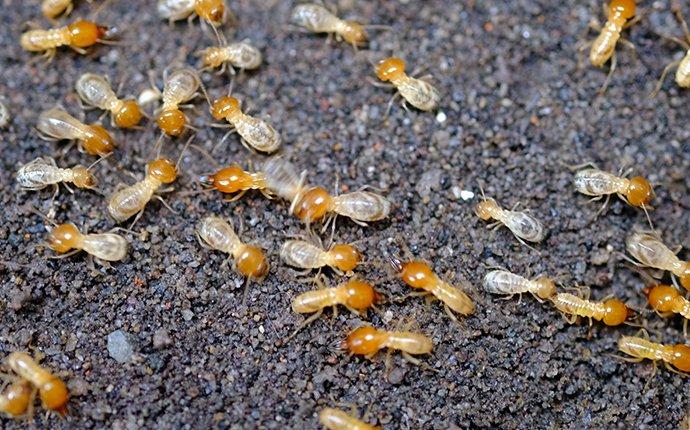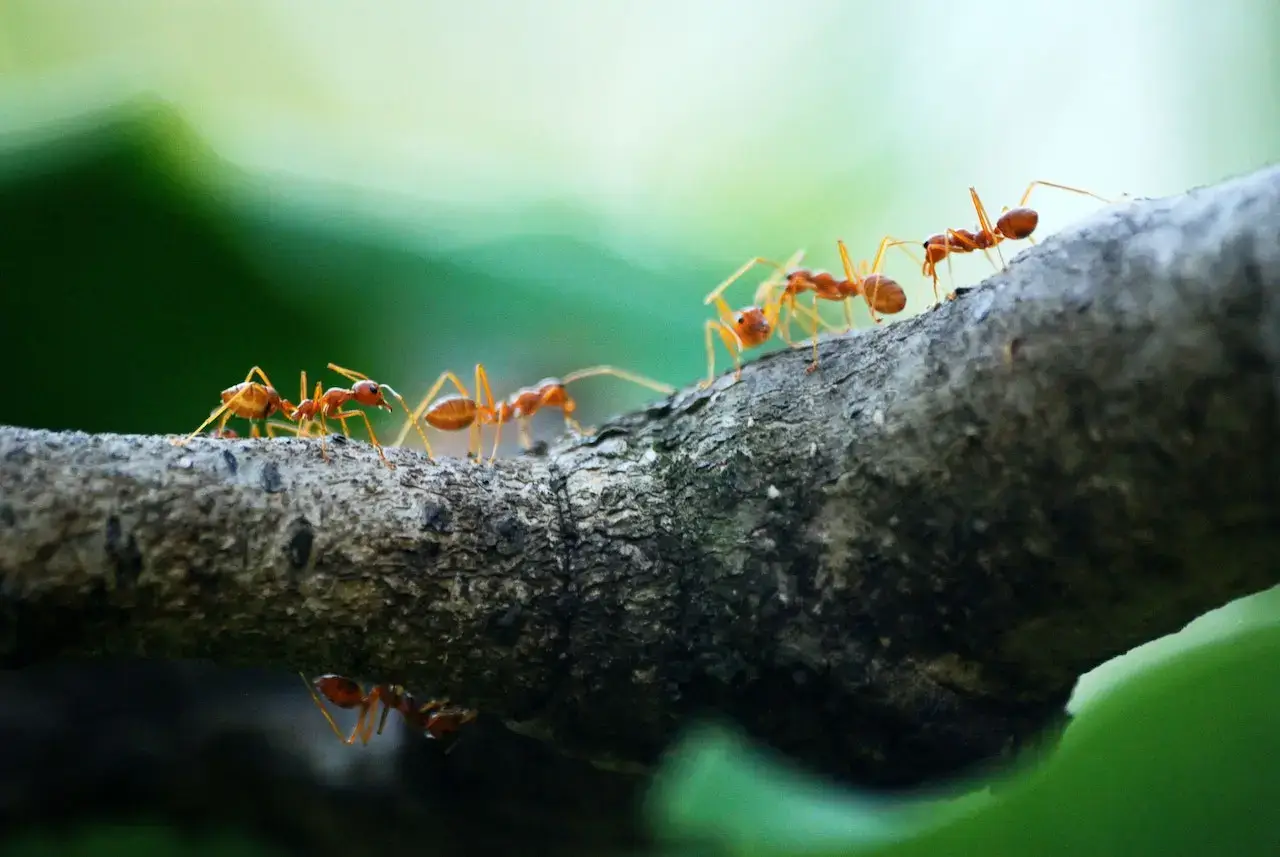Environmental Influence of Bug Control: Balancing Effectiveness With Sustainability
The environmental effect of insect control is a crucial problem that calls for a delicate balance between accomplishing efficiency in making sure and managing insects sustainability of our ecosystems. From the use of harmful chemicals that seep right into our dirt and water to the unplanned consequences on non-target species, the repercussions of standard insect control techniques are far-ranging.
Harmful Chemicals in Pest Control
The utilization of dangerous chemicals in pest control poses significant environmental and wellness threats that warrant mindful consideration and reduction strategies. Pesticides, chemicals, and herbicides are commonly used to remove parasites, however their prevalent application can cause unplanned effects. These chemicals can infect dirt, water sources, and the air, affecting not just the targeted pests but also useful insects, wild animals, and people.

To attend to these risks, incorporated insect monitoring (IPM) strategies are being advertised as a more sustainable choice. IPM involves a mix of methods such as organic control, habitat adjustment, and the targeted use pesticides as a last resource (ant control asheboro nc). By taking on a holistic strategy to pest control, we can reduce the ecological and wellness impacts connected with dangerous chemicals while properly taking care of pest populaces
Influence On Non-Target Variety
Taking into consideration the unexpected consequences of insect control approaches, the impact on non-target varieties is an important facet that requires complete examination. While pest control steps aim to target particular insects, various other organisms in the community might be unintentionally influenced. Non-target types, including useful bugs, birds, mammals, and even plants, can suffer direct or indirect injury from chemical applications or biological control methods.
Insecticides made to combat a certain insect bug may damage pollinators like or all-natural predators such as ladybugs. Organic control agents, if not species-specific, can present dangers to unintentional targets, interfering with the environmental equilibrium.
To alleviate the impact on non-target species, incorporated bug administration (IPM) methods that stress a holistic method to pest control are suggested. These techniques focus on the use of eco-friendly practices, minimizing harm to advantageous organisms while successfully managing pest populaces. Carrying out extensive threat assessments and keeping an eye on the end results of pest control initiatives are essential actions in securing non-target varieties and promoting general ecological community health and wellness.
Soil and Water Contamination
Unintentional ecological consequences of pest control methods extend past impacting non-target types, with significant implications for soil and water contamination - ant control. Chemicals, herbicides, and chemical plant foods used in insect control can leach into the dirt and pollute groundwater, posing a danger to both terrestrial and marine ecological communities.
Water contamination is one more essential problem connected with pest control methods. Overflow from agricultural fields treated with pesticides can lug these chemicals right into nearby water bodies, affecting aquatic organisms and water top quality. Contaminants in water straight from the source resources can have significant effects, impacting not just marine life however also human wellness through the intake of polluted water or marine organisms. To reduce dirt and water contamination from insect control activities, integrated parasite management approaches that prioritize sustainability and minimize chemical inputs are vital.
Air Air Pollution From Pesticide Usage
Direct exposure to airborne chemicals during agricultural applications poses a significant problem for air pollution control steps. In addition, pesticide drift, where pesticides are lugged by the wind to unintended locations, can lead to the contamination of nearby ecological communities and water bodies.

Strategies for Sustainable Insect Control
In the realm of farming practices, carrying out lasting insect control techniques is extremely important for maintaining environmental balance and protecting plant yields. Lasting bug control emphasizes making use of eco pleasant techniques to manage bug populaces efficiently while lessening injury to non-target organisms and environments. Integrated Insect Administration (IPM) is a widely taken on method that combines organic, cultural, physical, and chemical control methods to accomplish long-term insect monitoring services.
One trick approach in lasting insect control is promoting biodiversity within agroecosystems. By boosting all-natural opponents of bugs, such as parasitoids and killers, farmers can minimize the demand for artificial chemicals. Plant rotation and diversity are likewise reliable strategies to interrupt pest life cycles and produce less beneficial conditions for pests to flourish. In addition, making use of pest-resistant plant varieties and utilizing methods like catch cropping can help in reducing pest pressure without relying heavily on chemical treatments. Ultimately, by incorporating these lasting bug control strategies, farmers can attain an equilibrium in between pest management effectiveness and ecological stewardship.
Verdict
In conclusion, the environmental influence of pest control techniques must be carefully considered to balance effectiveness with sustainability. Unsafe chemicals utilized in insect control can cause soil and water contamination, air contamination, and damage non-target types - termite control. It is vital to execute sustainable parasite control strategies to reduce these negative effects on the setting and advertise a much healthier ecological community for future generations
By taking on a holistic method to pest control, we can minimize the ecological and health and wellness effects connected with hazardous chemicals while successfully taking care of pest populations.

To minimize the air pollution created by chemical use, it is essential to embrace incorporated bug monitoring strategies that focus on the usage of non-chemical bug control methods, such as plant rotation, all-natural killers, and resistant crop selections. Sustainable insect control emphasizes the usage of environmentally pleasant techniques to take care of bug populations effectively while decreasing injury to non-target organisms and ecological communities. Integrated Parasite Monitoring (IPM) is a widely embraced technique that incorporates organic, social, physical, and chemical control techniques to achieve lasting bug administration remedies.